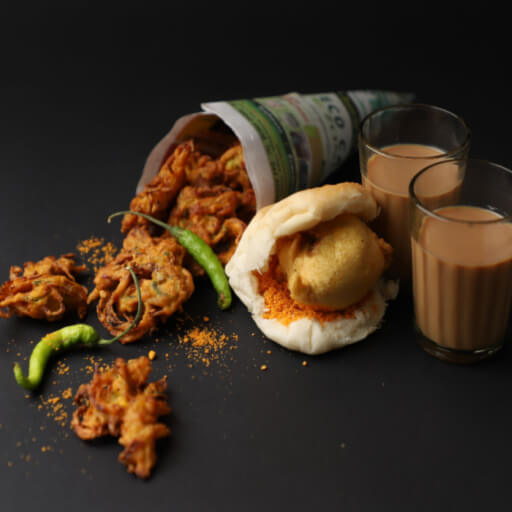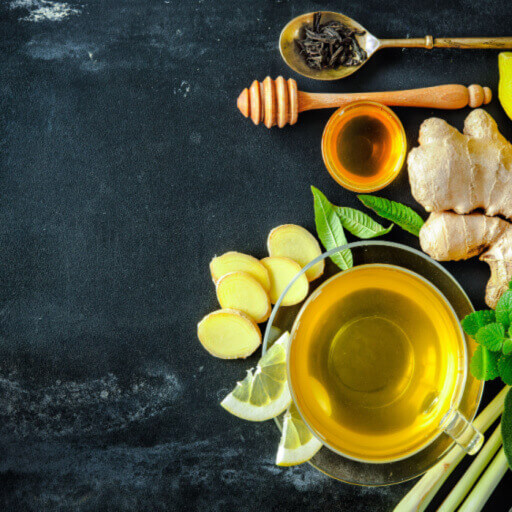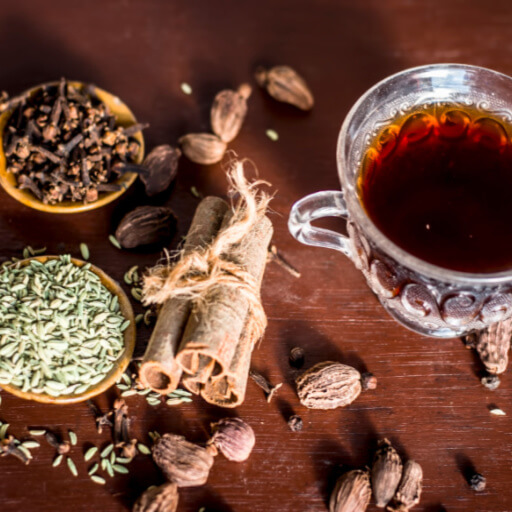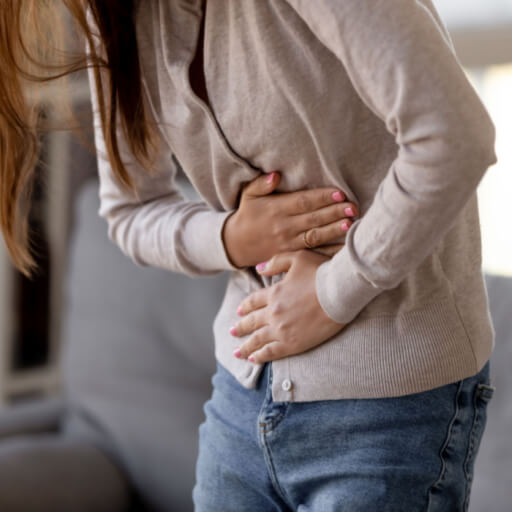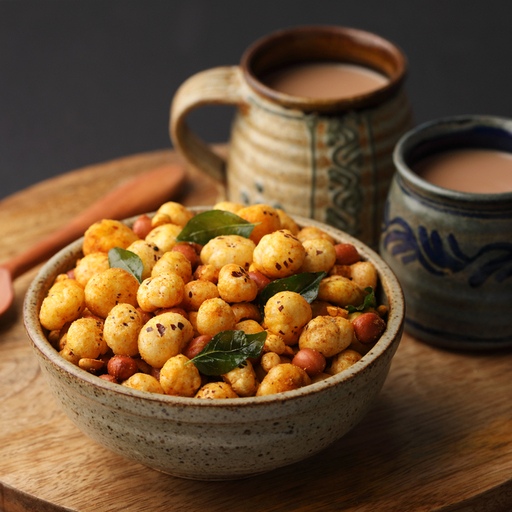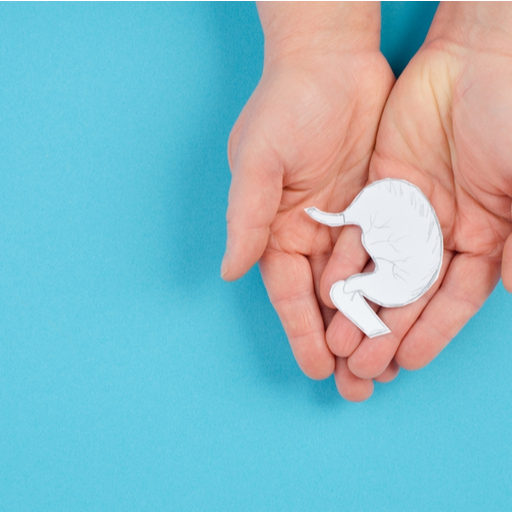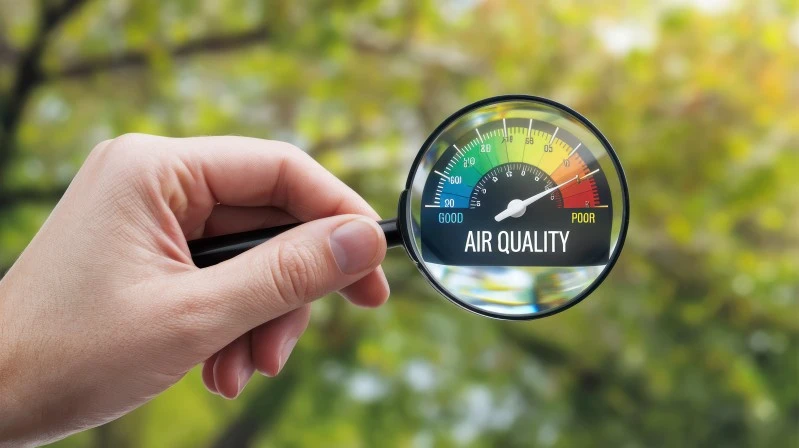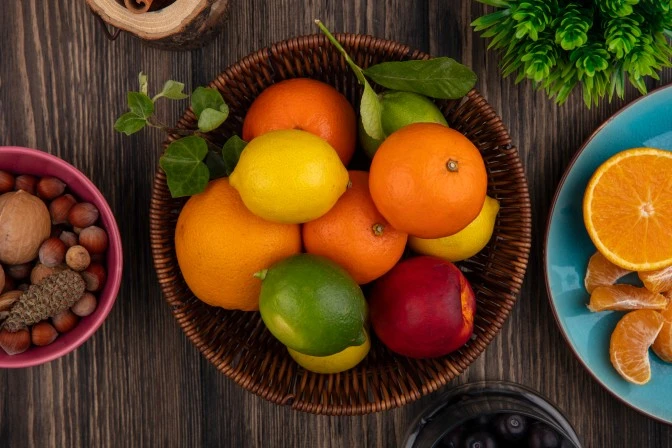As monsoon sets in, the urge to eat hot pakoras and street-side food becomes stronger. However, as tasty and lip-smacking as this thought might seem, it is not advisable to give in to your desires. Many food-borne, air-borne, and water-borne diseases accompany monsoon rains, which can harm our digestive system. Therefore, it is essential to avoid some foods that may increase the risk of disease.
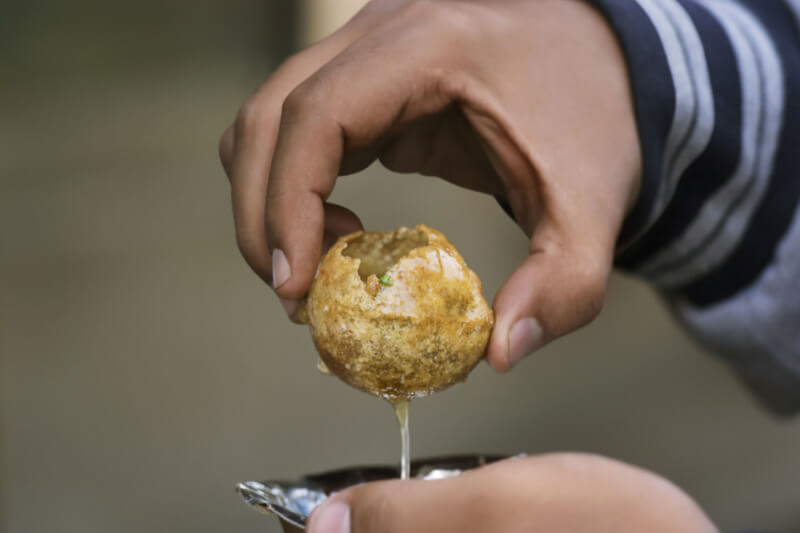
Foods to avoid
Your metabolism becomes sluggish during the monsoon season, paving the way for nausea, bloating, acidity, cramps, abdominal pain, gastritis, constipation, food poisoning, and gut sensitivity issues. Drinking water from other sources can also cause diarrhea. So this monsoon season, keep a tab on the foods you consume and the foods you should avoid.
- Avoid roadside savoury snacks. Flies and dust hover around exposed food. The rainy season leads to puddles around street food stalls, which provide a breeding ground for mosquitoes. This can increase the risk of infections, dengue, and malaria. Contaminated water can also cause food poisoning.
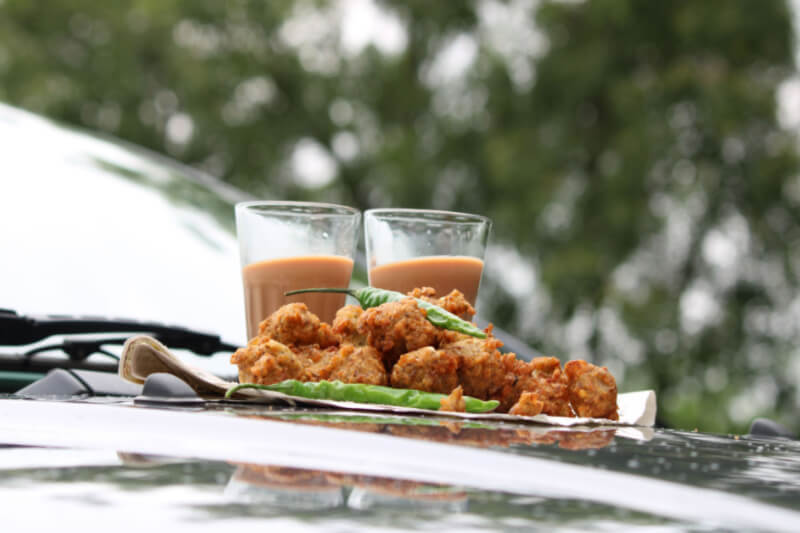
- Avoid fried foods like pakoras, samosas, and the like, which are loaded with oil. The highly humid monsoon weather slows down our digestive process. Pressuring your digestive system can lead to indigestion and stomach aches.
- Avoid eating a lot of seafood during monsoons because it is the breeding season for sea creatures. Since fresh seafood is scarce, consuming stale or contaminated seafood can cause food poisoning and indigestion.
- The enzyme activity is lower in the rainy season compared to summer. Therefore, avoid consuming pre-cut fruits, which may be exposed and contaminated by flies and pests.
- Refrain from consuming raw leafy vegetables. Some of these veggies are grown in swampy, unhygienic areas, which expose the leaves to pests, worms, and bacteria. Ensure that you wash these vegetables thoroughly in clean water before using them. It is also advisable to eat cooked vegetables as the boiling process can kill the bacteria.
- Consume dairy products in moderation during monsoons as they take time to digest and are heavy on the gut, resulting in loose motions or digestive issues. In addition, people with sinusitis should avoid dairy products like curd as it increases the risk of catching a cold or cough.
- Instead of consuming carbonated drinks, consume plenty of water to stay hydrated. Soft fizzy drinks cause further dehydration, weaken your digestive system, and reduce minerals in your body.
Healthier food alternatives
It is advisable to eat in moderation and consume foods that can be easily digested. To boost your gut health, you can load up on probiotic foods, like yogurt, buttermilk, and homemade pickles, which support nutrient absorption. Choose lighter cooking oils such as olive oil or sunflower oil to manage your digestive system. Drink plenty of water to flush out toxins. You can also resort to herbal teas, like green tea, tulsi tea, masala tea, or ginger lemon tea, to relieve you of nasal congestion, which is prevalent during monsoons. Having turmeric milk or turmeric paste acts as an antidote to fight infections.
Be mindful of your eating habits this monsoon season.
Key Takeaways
- During the monsoon season, your metabolism can slow down, which may lead to issues such as nausea, bloating, food poisoning, and increased gut sensitivity.
- Avoid roadside snacks, fried foods, and excessive seafood during this time.
- Instead, you can include probiotic foods like yogurt and buttermilk in your diet. Additionally, opt for lighter cooking oils, such as olive oil or sunflower oil.
Actively participate in the Activ Living community and get more information on lifestyle and fitness.





 1800-270-7000
1800-270-7000

